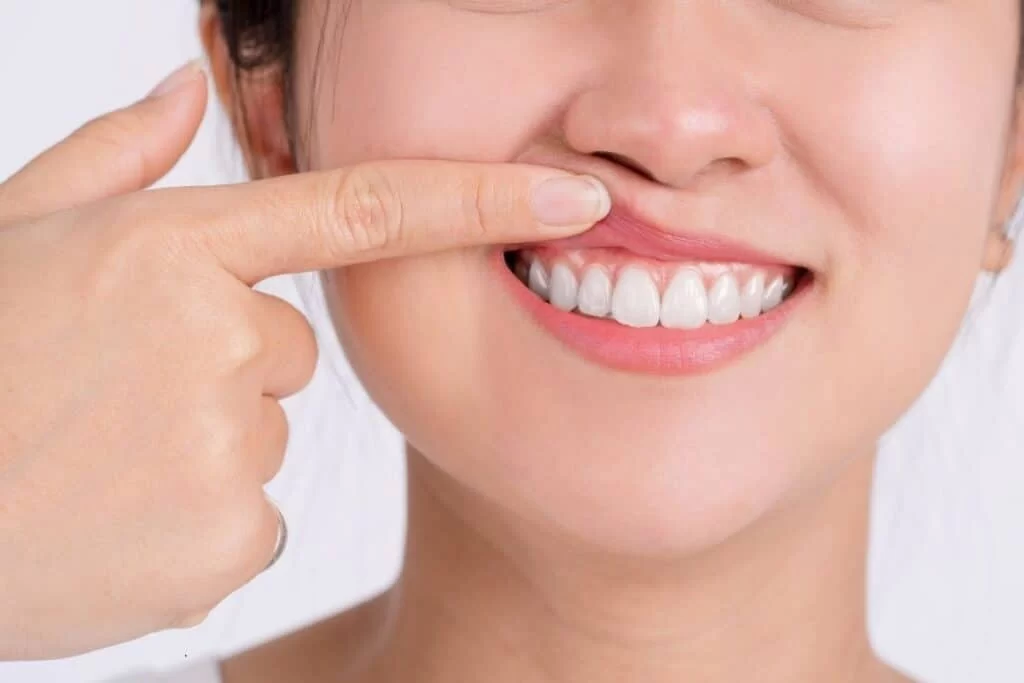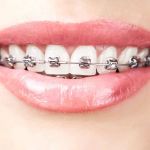
Best Practices for Treating Oral Infections at Home: Natural Remedies and Tips
- 1. Understanding Oral Infections and Their Causes
- 2. Common Types of Oral Infections
- 3. Symptoms of Oral Infections You Shouldn’t Ignore
- 4. Home Remedies for Treating Oral Infections
- 5. When to See a Dentist for Oral Infections
- 6. Oral Health Tips for Preventing Future Infections
- 7. Where to Buy Products for Oral Infection Treatment
Oral infections are a common health issue that can affect anyone at any age. These infections can develop in the gums, teeth, or soft tissues of the mouth, often resulting from poor oral hygiene or untreated dental conditions. Understanding how infections occur and their possible causes is the first step in knowing how to treat them effectively at home.
While many oral infections are mild and can be treated at home, it is essential to recognize the signs early to prevent the infection from worsening. The bacteria in your mouth, if left unchecked, can spread and cause significant discomfort or even more severe health complications.
There are several types of oral infections, each with different causes, symptoms, and treatments. The most common include:
- Gum Disease (Gingivitis and Periodontitis): This is the most common oral infection, starting as mild gum inflammation and progressing to more severe conditions that affect the underlying bone and tissues.
- Tooth Abscess: A painful, pus-filled infection that can develop at the root of a tooth, often as a result of untreated tooth decay or injury.
- Oral Thrush: A fungal infection caused by an overgrowth of Candida in the mouth, leading to white patches on the tongue and inside the cheeks.
- Cold Sores: Caused by the herpes simplex virus, these are painful blisters that form around the lips or inside the mouth.
Knowing the type of oral infection you have will help guide the most effective home treatment options.
Detecting oral infections early is key to successful treatment. Here are some common symptoms to watch for:
- Persistent bad breath
- Swollen or bleeding gums
- Severe tooth pain or sensitivity
- Pus or swelling around teeth or gums
- Difficulty swallowing or opening the mouth
- White patches on the tongue or inside the mouth
If you notice any of these symptoms, it’s important to start treatment as soon as possible. However, some oral infections may require professional dental care, so be sure to consult with a dentist if symptoms persist.
While it’s always best to consult with a dental professional for severe infections, many mild oral infections can be treated at home with natural remedies. Here are some of the best practices for treating oral infections at home:
- Salt Water Rinse: A simple salt water rinse is a great way to reduce inflammation and bacteria in the mouth. Dissolve half a teaspoon of salt in warm water and rinse for 30 seconds.
- Hydrogen Peroxide Solution: A diluted hydrogen peroxide rinse can help disinfect the affected area and promote healing. Mix equal parts of hydrogen peroxide and water and swish for 30 seconds.
- Tea Tree Oil: Known for its antimicrobial properties, tea tree oil can help reduce bacteria and inflammation. Mix a drop or two with a carrier oil and apply directly to the infected area.
- Clove Oil: Clove oil contains eugenol, a natural analgesic that can relieve tooth pain and soothe gum infections. Apply a small amount to the affected area using a cotton ball.
- Aloe Vera Gel: Aloe vera has soothing properties that can help reduce inflammation and promote healing in the mouth. Apply fresh aloe vera gel directly to the gums or affected areas.
These natural treatments are often very effective for mild infections, and they can offer relief while you wait for a professional consultation if necessary. Be sure to follow the instructions carefully and avoid excessive use of any one remedy.
While home remedies are effective for many oral infections, it’s essential to know when to seek professional care. If any of the following occur, it’s time to visit your dentist:
- The infection persists or worsens despite home treatment
- You experience severe pain or swelling
- You have a fever along with your oral infection
- The infection is spreading to other parts of your body
- Your infection is affecting your ability to eat or speak
In these cases, a dentist may recommend stronger treatments, such as antibiotics, drainage, or even surgical intervention if necessary. Early treatment can prevent more severe complications.
Prevention is always the best course of action when it comes to oral health. To reduce your risk of oral infections, follow these simple tips:
- Brush your teeth twice daily with fluoride toothpaste
- Floss daily to remove plaque and food particles from between your teeth
- Use an antibacterial mouthwash to kill bacteria
- Drink plenty of water to wash away bacteria and food debris
- Maintain a balanced diet rich in vitamins and minerals
- Quit smoking, as it can increase the risk of gum disease and oral infections
By following these practices, you can significantly lower your risk of developing oral infections and maintain good oral health long-term.
If you’re dealing with an oral infection, certain products can help speed up recovery. To explore some of the best oral care products that support infection treatment and prevention, visit Dentistry Toothtruth for expert recommendations and product reviews.







 Dillon Family Dentistry5.0 (114 review)
Dillon Family Dentistry5.0 (114 review) Lane & Associates Family Dentistry - Cary Tryon4.0 (560 review)
Lane & Associates Family Dentistry - Cary Tryon4.0 (560 review) Summer Smile Dental South Gate4.0 (461 review)
Summer Smile Dental South Gate4.0 (461 review) Southcoast Endodontics5.0 (4 review)
Southcoast Endodontics5.0 (4 review) First Class Dental PA5.0 (248 review)
First Class Dental PA5.0 (248 review) Smile For Life Dental5.0 (707 review)
Smile For Life Dental5.0 (707 review) The Importance of Oral Health Education During Pregnancy for a Healthy Pregnancy
The Importance of Oral Health Education During Pregnancy for a Healthy Pregnancy Best Tips for Brushing Your Teeth Properly for Healthy Gums: Essential Techniques for Oral Health
Best Tips for Brushing Your Teeth Properly for Healthy Gums: Essential Techniques for Oral Health Why Skipping Dental Checkups Can Lead to Bigger Oral Health Problems
Why Skipping Dental Checkups Can Lead to Bigger Oral Health Problems Advantages of Porcelain Dental Restorations
Advantages of Porcelain Dental Restorations How Can Diabetes Cause Tooth and Gum Problems? Preventing and Managing Oral Health Issues
How Can Diabetes Cause Tooth and Gum Problems? Preventing and Managing Oral Health Issues Healthy Habits for Promoting Good Oral Health and Hygiene: Tips for a Healthy Smile
Healthy Habits for Promoting Good Oral Health and Hygiene: Tips for a Healthy Smile